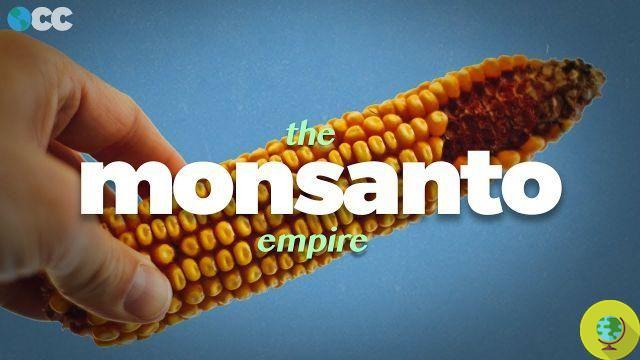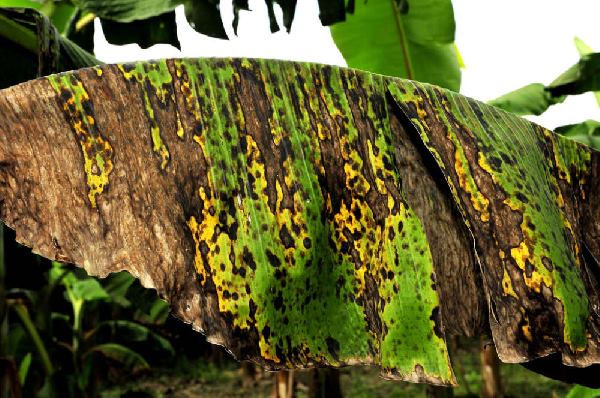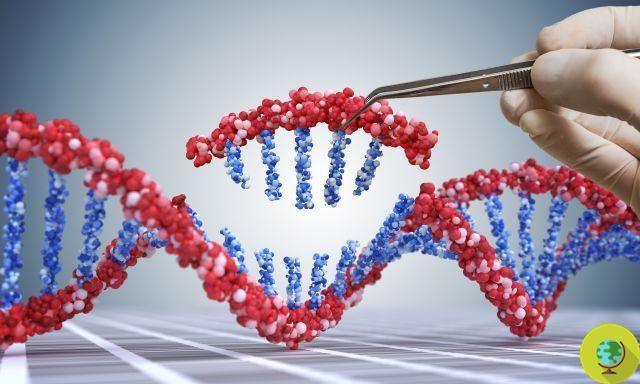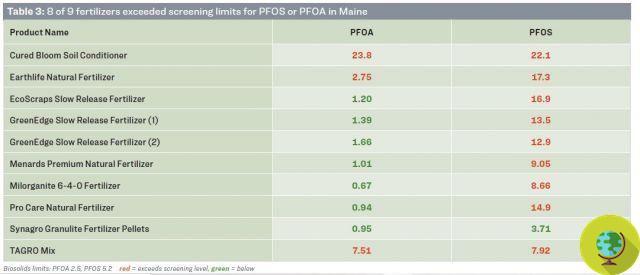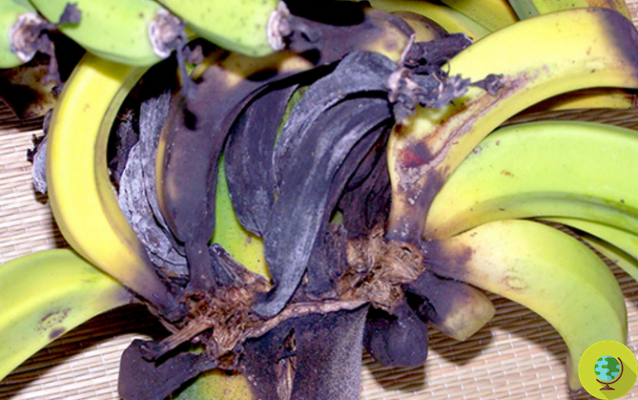Current research underway by some British scientists reopens discussions regarding the possibility of genetically modifying wheat to obtain a variety resistant to aphids, which would not require the use of external pesticides for their defeat, and which could guarantee an increase in the production of this cereal. The variety of wheat currently under observation would be able to emit by itself a repellent substance against insects, from which they would not be killed, but simply removed.
He is about to end up run over, his mother saves him
Current research underway by some British scientists discussions reopen about the possibility of genetically modifying wheat in order to obtain a variety resistant to aphids, which would not require the use of pesticides from the outside for their defeat, and which could guarantee an increase in the production of this cereal. The wheat variety currently under observation would be able to emit one by itself repellent substance against insects, from which they would not be killed, but simply removed.
They were not lacking protests by those who fear that the new grain species could be spread nationwide by putting a risk both the crops of common wheat that already exist, and our health, because of one genetic modification that could be adversely received by our organism. A fact that is not entirely unlikely given the increasing cases, even in our country, of hypersensitivity or gluten intolerance, which could be linked to genetic modifications made on wheat in the past.
Rothamsted Research researchers have decided to communicate openly and publicly with environmentalists their progress in ongoing GM wheat operations, driven in particular by the desire to make known as the new variety of GMO grain it will be able to allow its cultivation in the future without resorting to the use of pesticides now used to fight aphids.
In the opinion of the environmentalists, however, so far there would be insufficient evidence to support that this variety of wheat will never need to be treated with any type of pesticide or chemical substance necessary to promote its growth or defense against attacks by external agents in the future, according to the perspective that usually drives intensive agriculture. It is also still unknown whether food prepared using GMO wheat will be completely safe for health.
Thanks to the modifications undergone in the laboratory, the GMO grain is capable of producing a pheromone named E-beta farnesene, which would be able to keep aphids away from crops. According to what was declared by the opponents of the genetic experiments on wheat, the researchers would have chosen to make changes to it through genes very similar to those belonging to the DNA of cows.
The answer of the experts is that the use of a similar maneuver would have been carried out for ensure operation of the same, so that the wheat would not be able to put its control on the new gene, blocking or inhibiting its activity. Researchers, in case the new wheat variety turns out to be flawless, they would be ready to spread it freely throughout the world. But at what price? Are we sure that such genetic modifications are really harmless for the environment and for those who populate it? And that, above all, are they really necessary to guarantee agricultural production capable of feeding the world population?
Marta Albè






